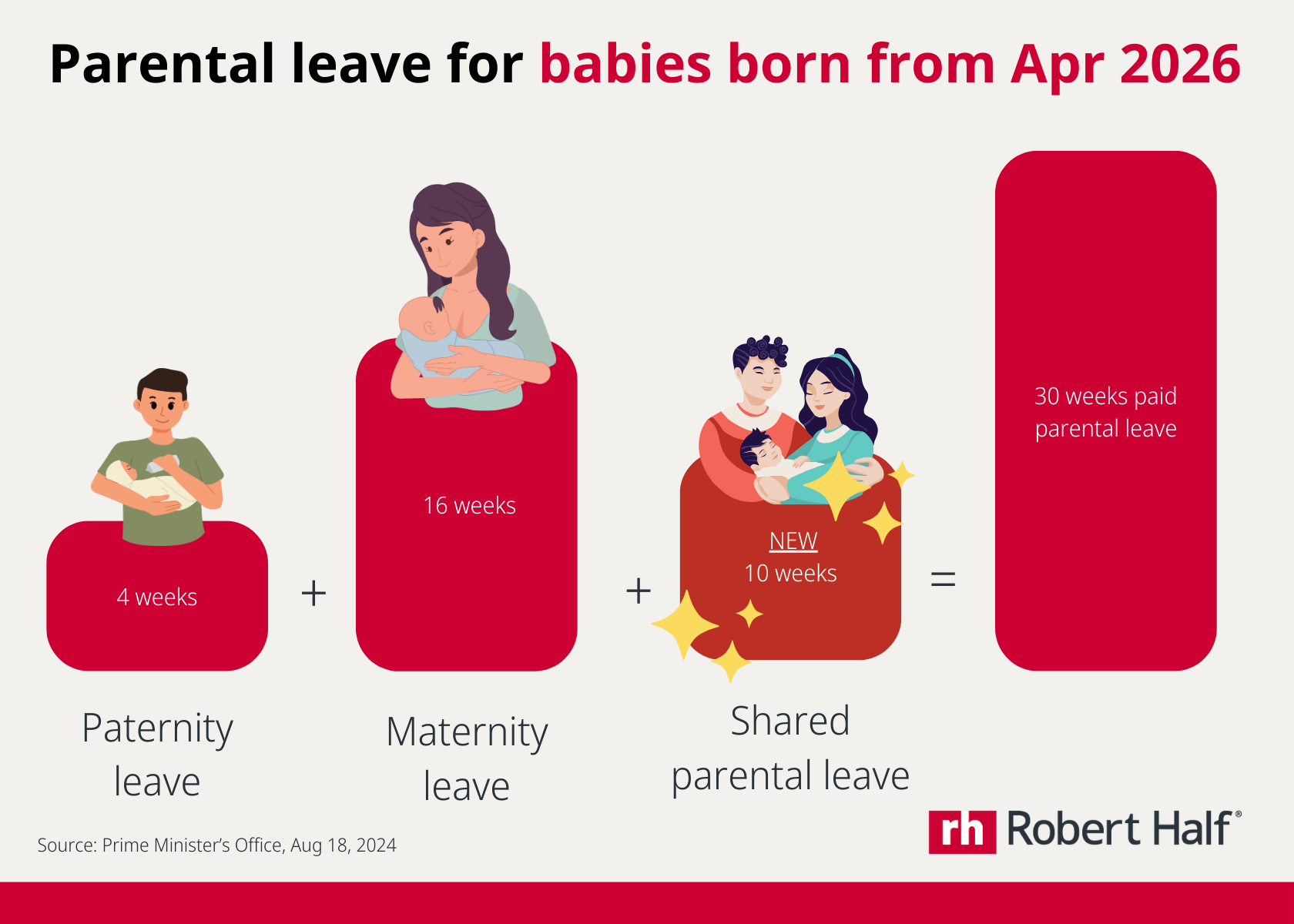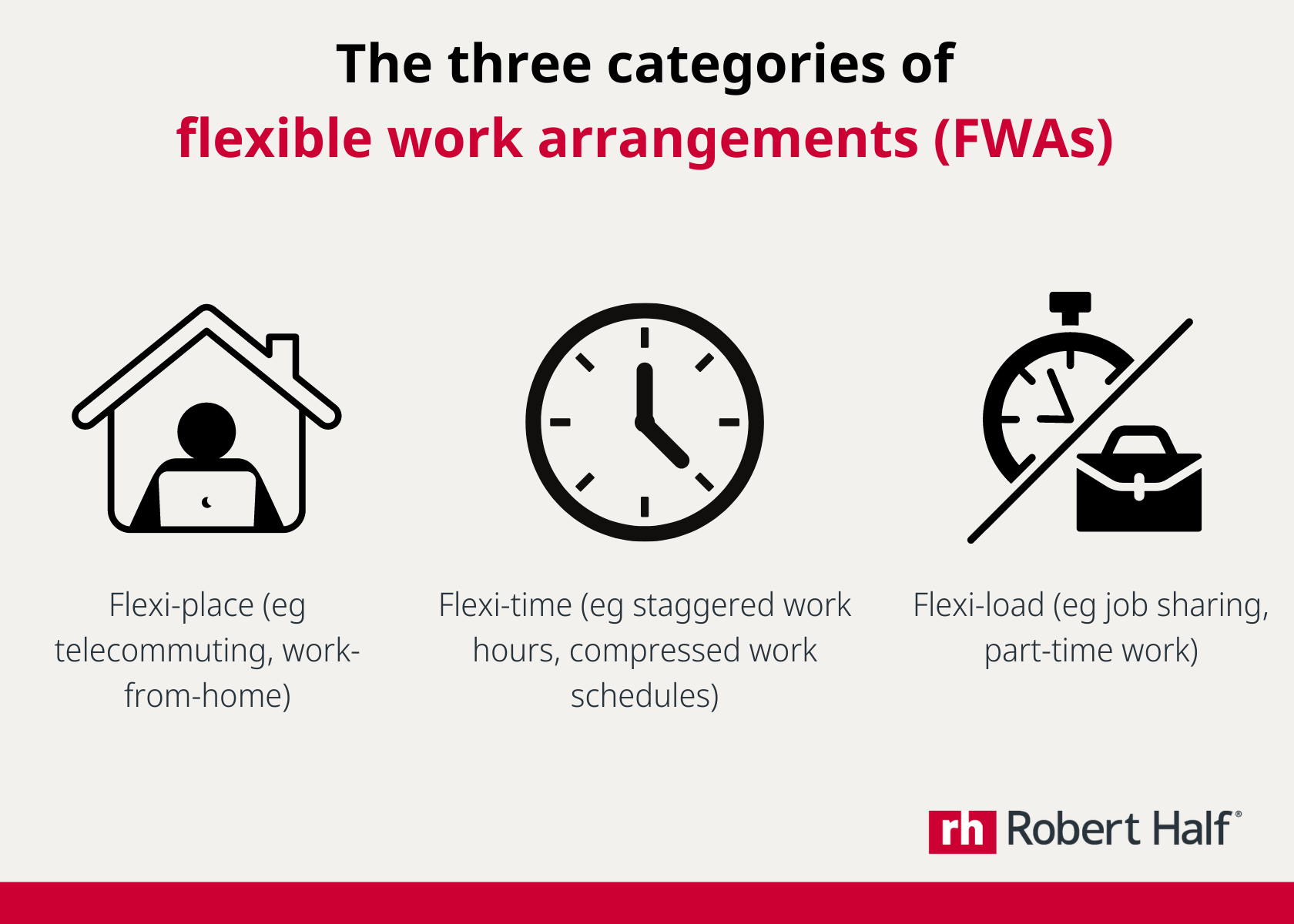You might be thinking, why do I need to know this?
These mandated changes can have a tangible impact on the way a business operates, most evidently on the number of people who are off or out of the office at any given time. There are a myriad of benefits to come from both FWA and extended parental leave including reduced stress and improved mental health, great flexibility and autonomy plus equality but is it essential to be aware of how these changes could impact operations and plan ahead to plug any gaps that arise.



